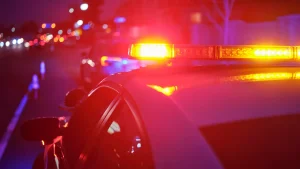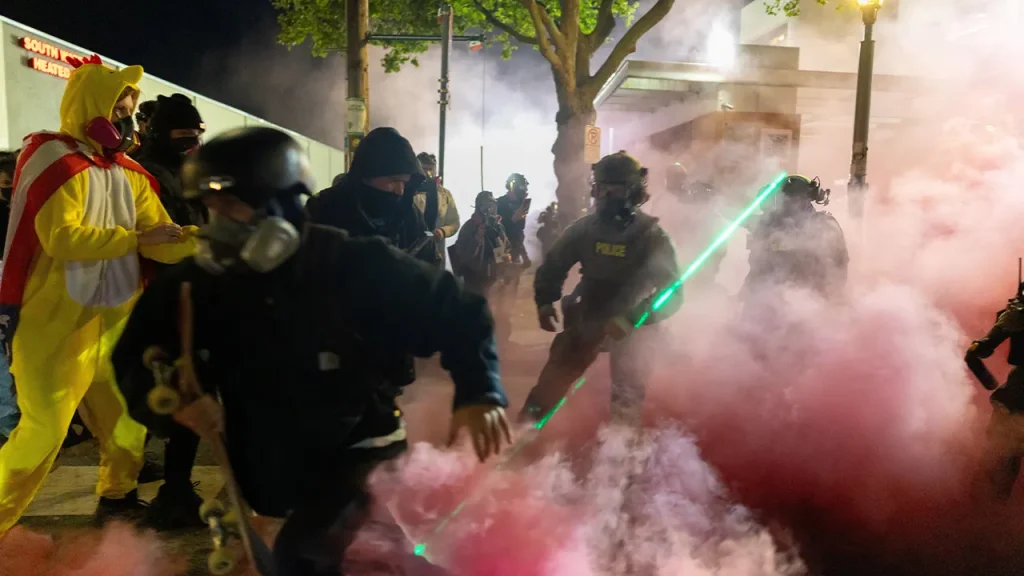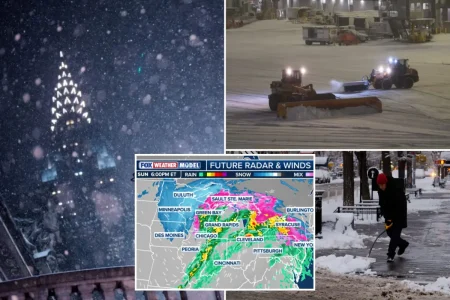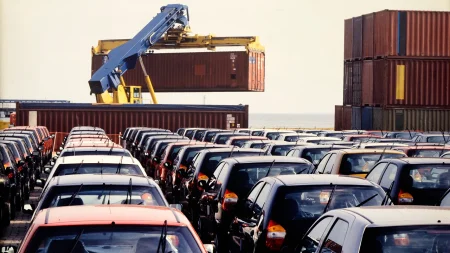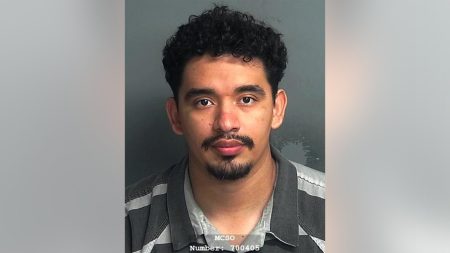Portland Tensions Rise as Homeland Security Confronts Laser Threat to Aircraft
In the heart of a city known for its progressive activism, Portland finds itself once again at the center of a national debate over protest tactics, federal authority, and the lines of legitimate dissent. The Department of Homeland Security (DHS) recently issued a stern warning in response to a concerning advertisement from a Portland-based anarchist group encouraging the public to point lasers at federal aircraft during protests against immigration enforcement actions.
“Aiming a laser pointer at an aircraft is a federal crime. This is incredibly dangerous for the aircraft personnel and for the public’s safety,” DHS declared on social media, adding with unmistakable resolve that “Antifa domestic terrorists WILL NOT overrun our cities. We will bust their networks and bring every one of them to justice.” The flyer in question, still prominently displayed on Rose City Counter-Info’s website at the time of reporting, provides detailed instructions for would-be participants, including advice to “mask up,” “coordinate with friends,” and take precautions to avoid identification by law enforcement. The group, which describes itself as an “anarchist counter-info platform in so-called Portland, Oregon,” even suggests wearing gloves, cleaning lasers with alcohol, and taking measures to prevent DNA evidence from being left behind—instructions that read more like a criminal how-to guide than typical protest literature.
The situation took a concrete turn on September 30 when DHS announced the arrest of four Mexican men—Diogenes Albores-Suchiapa, Andres Brian Lopez-Labra, Benito Zamora-Alvarez, and Hector Miranda Mendoza—for allegedly pointing lasers at a Customs and Border Protection helicopter. According to officials, the men attempted to temporarily blind the pilot with “laser strikes” and were traced to a Portland residence. The stakes in such incidents couldn’t be higher: interfering with aircraft operations puts not only the crew at risk but potentially endangers civilians on the ground should an aircraft crash or be forced into an emergency landing. DHS noted that several of the arrested individuals had prior encounters with law enforcement, including arrests for methamphetamine possession, trespassing, unlawful entry, and driving under the influence, with at least one claiming to have lived in the United States illegally since 1994.
These tensions unfold against the backdrop of weeks-long anti-ICE protests in Portland, where demonstrations have occasionally escalated to include displays such as a guillotine—a provocative symbol of revolutionary violence. The situation has drawn high-profile attention, with DHS Secretary Kristi Noem visiting an ICE facility in Portland and praying with officers facing the unrest. The conflict represents a microcosm of the broader national debate about immigration enforcement and appropriate protest tactics, with reporter Andy Ngo claiming that “Antifa plan to gather at multiple locations across the city and deploy lasers in an attempt to ground all ‘spy planes'” as a distraction for other actions elsewhere in the city.
Despite the visible turmoil, Oregon Governor Tina Kotek has maintained that “there is no insurrection” in her state, expressing confidence that “local law enforcement will meet the moment.” This stance highlights the fundamental tension between federal and state authorities that has characterized much of the response to these incidents. Governor Kotek, who recently met with Secretary Noem, stated that she had requested DHS and ICE “obey Oregon laws when they engage in federal operations”—a statement that underscores the jurisdictional complexities at play. This resistance to federal intervention isn’t unique to Oregon; other Democratic-led states have similarly pushed back against the administration’s efforts to deploy federal law enforcement to address local concerns.
The Portland situation illustrates a profound disconnect in how different authorities and communities view the same events. From the federal perspective, laser attacks on aircraft represent dangerous criminal behavior that threatens public safety and requires decisive intervention. From the perspective of some local officials and activists, federal immigration enforcement itself represents an unwelcome intrusion into community affairs. The result is a standoff that transcends the immediate issue of laser pointers and speaks to deeper questions about the relationship between federal authority and local governance, the boundaries of legitimate protest, and how communities balance safety concerns with civil liberties.
As Portland continues to navigate these troubled waters, the city serves as a bellwether for similar tensions playing out across America. The conflict between federal immigration enforcement priorities and local resistance raises fundamental questions about federalism, public safety, and civil disobedience that don’t have easy answers. What some see as necessary law enforcement, others view as government overreach; what some consider dangerous criminal activity, others frame as legitimate resistance. In the meantime, both aircraft and protesters continue to circle the skies above Portland—a physical manifestation of the ideological circles that define much of America’s current political landscape. How this particular chapter resolves may provide insight into how similar conflicts might unfold elsewhere as communities across the nation grapple with these same underlying tensions.
